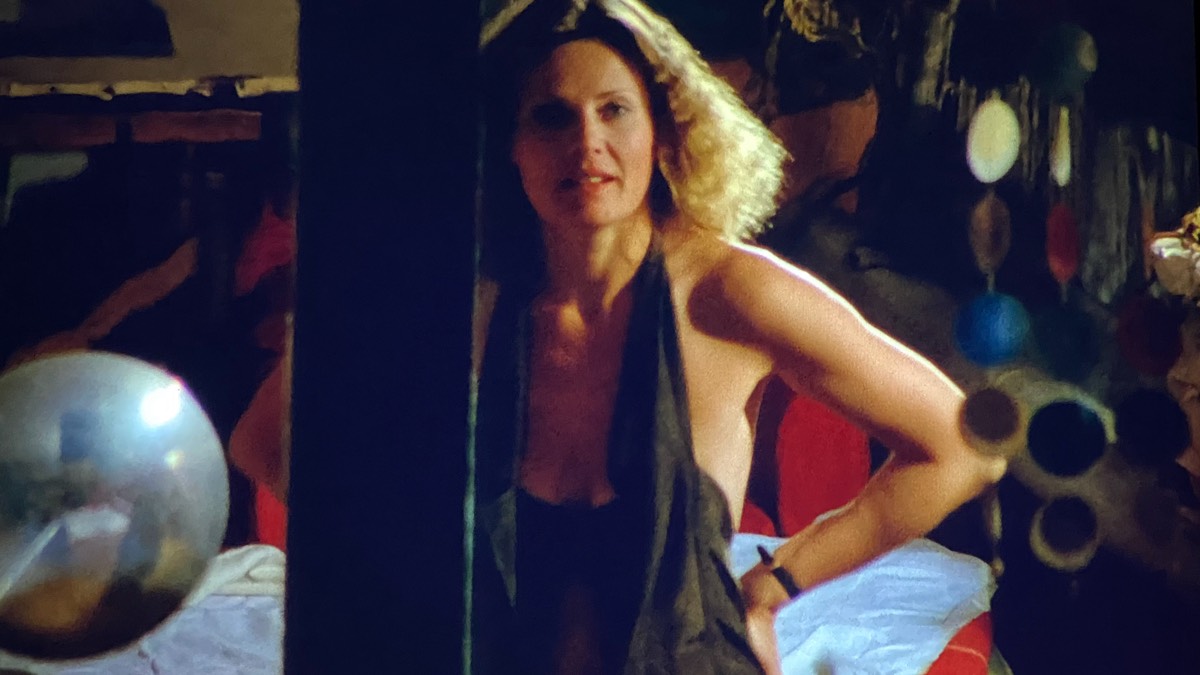
A Short Film About Love (1988)
Director: Krzysztof Kieślowski
Tomek is nineteen, lonely and living with his possessive godmother in a Polish apartment block. Every evening he learns languages in his room until Magda, the woman he is spying on through his telescope, comes home from work. She is an artist and seems to be living a colourful life. Tomek thinks he is in love with her, but his attention becomes harassment. One day he realises he has gone too far and tells her what he has been doing. The ensuing confrontations teach them both a lesson about love.
Magda’s well-lit flat is full of paintings, materials and interesting objects. When she brings lovers home, Tomek watches until he can’t bear it anymore. His room is small, a child-sized room for a grown man, and his godmother’s flat is old-fashioned and dark. When he eventually declares his love for Magda, and she discovers how far Tomek has gone in his obsession with her, she tries to teach him that there is no such thing as love, it is simply the sexual impulse. The lesson humiliates him. He seems to want nothing from her and is content just to be near her. His love is both inappropriate and pure, unlike his godmother’s love for him, which is built on a disturbing, smothering selfishness, that keeps him stuck with her.
I remember buying Kieślowski’s Three Colours: Blue on VHS in the mid-nineties and carrying it from flat to flat as I worked my way through every rental property in Swansea. I travelled around Europe with a railcard while at university, and the Three Colours trilogy were released around the same time. They were the first foreign language films that I loved, and amongst the first handful of films that seemed outside my family’s experience, by which I suppose I mean my father’s, and so were mine alone. I was graduating from films like Die Hard and Alien, to Miller’s Crossing and Lone Star. Instead of action, I began to value dialogue, characters, imagery and subtext. I don’t know what I would have made of A Short Film About Love when I was in my early twenties, but I’m glad I discovered it now.